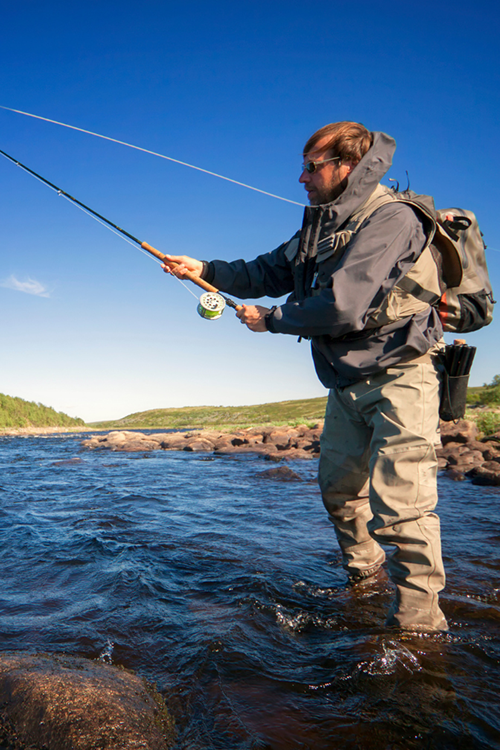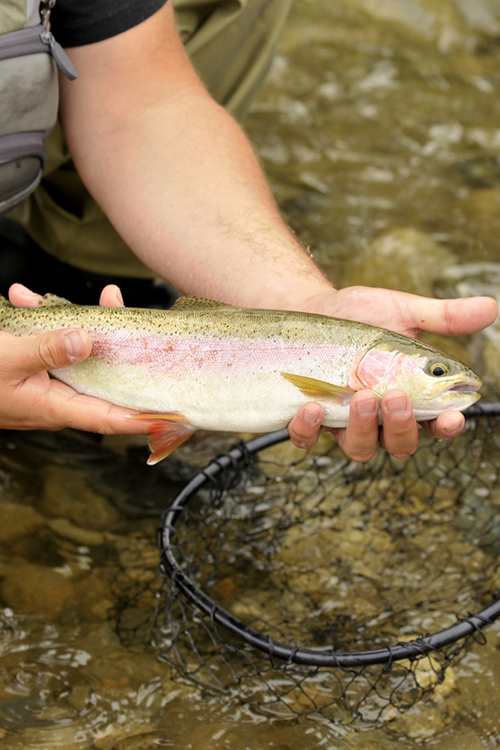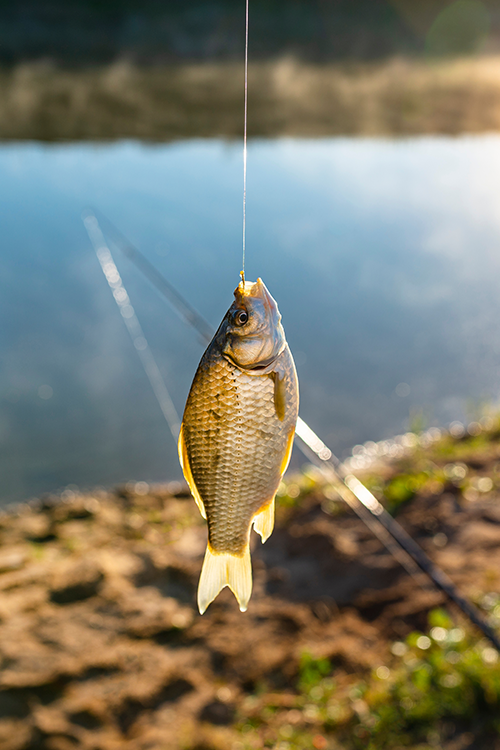When you're heading out on a fishing trip on the beautiful rivers of Tennessee, there's one thing you don't want to mess up — your fishing backpack essentials. Forget a few main items, and your fishing day can go sideways fast. But pack smart, and you're out there landing bronze backs and rainbow rockets like a professional. Let's break down today what really belongs in your fishing backpack.
The Right Backpack Makes a Big Difference
Start with a solid tackle bag or backpack that fits comfortably. No one wants to be adjusting straps every few minutes or dealing with sore shoulders. Always look for one with padded shoulder straps and a good chest strap to keep things snug.
Also, make sure the main compartment has enough room, not just for the big things but for those little bits of fishing gear that vanish if they're not organized. Look for a pack that gives you smart side pockets and multiple storage areas.
Organize Your Tackle
You can't go fly fishing without your tackle. Whether you're chasing rainbow torpedoes or smallies, your tackle backpack needs to carry the right mix.
Don't just toss things in. Keep it clean and keep it sorted. Use dividers or small boxes in your bag. You want to reach for that Texas rig or your soft plastics without digging through a pile of hooks.
And don't forget your terminal tackle — swivels, hooks, weights, snaps. These little things make a huge difference. A simple box dedicated to terminal tackle can save your day.
Pack Those Artificial Lures
Let's talk bait now. You won't always have live bait handy, so stock up on artificial lures. Pack a few different types depending on what you're chasing.
Got bass in your sights? Load up on crankbaits and topwater lures. Fishing for rainbow-colored jumpers? Grab some streamers and small spinners. You never know what they'll be biting on, so variety is your friend.


